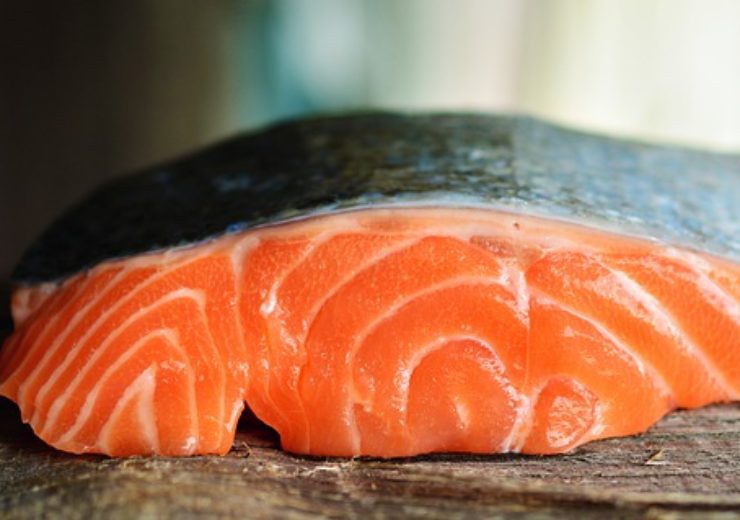The deal enables Marubeni and Nissui Europe to participate in the salmon farming business via recirculating aquaculture system

Marubeni and Nissui Europe have agreed to acquire Danish Salmon. (Credit: congerdesign from Pixabay)
Marubeni and Nippon Suisan (Europe) or Nissui Europe have agreed to purchase a 66.7% stake in Danish Salmon for an undisclosed sum.
The deal allows both firms to participate in the salmon farming business through the implementation of a recirculating aquaculture system (RAS).
Since the last 30 years, the production volume of world fisheries has been stable and the growing demand is expected to be met by aquaculture.
Within the aquaculture, the sub-industry of salmon farming is said to be regulated by geographical condition, which could result in the minimisation of the expansion.
The RAS enables the expansion of land-based salmon farming, as it will be not limited by geographical conditions.
The RAS is a farming method that holds the capacity to reduce the environmental impact by minimising the risk of water pollution and escaped farmed fish.
Danish Salmon has an established RAS salmon farming method
Danish Salmon is claimed to be one of the few companies with an already established RAS salmon farming method.
Nissui, which has significant farming, collaborated with Marubeni to increase the business in Europe and expand RAS operation to the countries outside of Europe.
Marubeni said that the acquisition enables the company to help meet the increasing global demand for seafood by providing a stable supply of sustainable seafood, as well as allows to address the social challenge of increased protein demand.
In October 2019, Marubeni entered into a strategic partnership with Singapore-based agri startup MoBiol Holdings to address two major environmental issues.
The partnership will focus on solving environmental issues, including emission of methane gas by palm oil mill effluent (POME) and aquaculture industry’s dependence on fishmeal.
